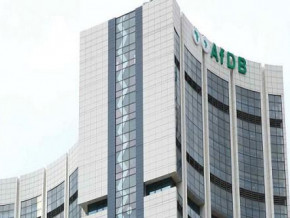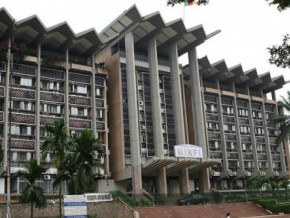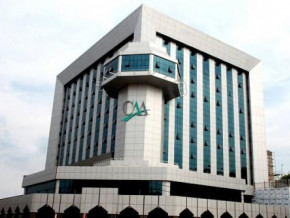
Covid-19: The Cameroonian private sector suggests measures to mitigate the impact of significant rise in production costs

(Business in Cameroon) - Currently, since the onset of the coronavirus pandemic in Cameroon, production costs have risen by 15 to 40% depending on the sector. The estimates were made by Celestin Tawamba, President of the GICAM, the largest employers’ group in the country. The executive was speaking during a meeting between GICAM and Minister of Commerce Luc Magloire Mbarga Atangana last October 10. For him, this rise affects competitiveness and the survival of companies but it is also a threat to jobs.
This rise is mainly spurred by external factors we learn. For instance, M.Tawamba explains, the cost of raw materials and maritime freight is at a 20-year high. “The rise in the prices of some raw materials have reached 200% while the rise in rates for maritime freight to Africa oscillate between 250 and 400% depending on the origin,” he said.
Celestin Tawamba then suggested a set of measures the government could take to mitigate the impacts of that inflationary trend. The measures include a slight adjustment of some retail prices, one-off subsidies, tax reliefs (reduced or canceled VATs, reduction/suspension of the advance payment on certain sectors, suspension of controls, etc.), suspension of parafiscal taxes, and some port taxes as well as the reallocation of Covid-19 support to strategic sectors and reactivation-continuation in 2022 of some special measures introduced in 2021.
Minister Luc Magloire Mbarga Atangana estimated that in the medium and long term, anti-competitive practices would have to be denounced and addressed both on the national and international levels. So he invited businesses and the civil society to call on international institutions as a follow up to the government’s call to the World Trade Organization.
To address the short-term implications of the inflationary pressures, the official advocated for a sectoral approach to the solutions to be considered. In that regard, he invited companies to send their proposals via the GICAM, per sector. The proposals will be submitted for "the Head of State's approval," he promised.
S.A.
Mags frontpage
- Most read 7 days
- shared 1 month
- read 1 month






























